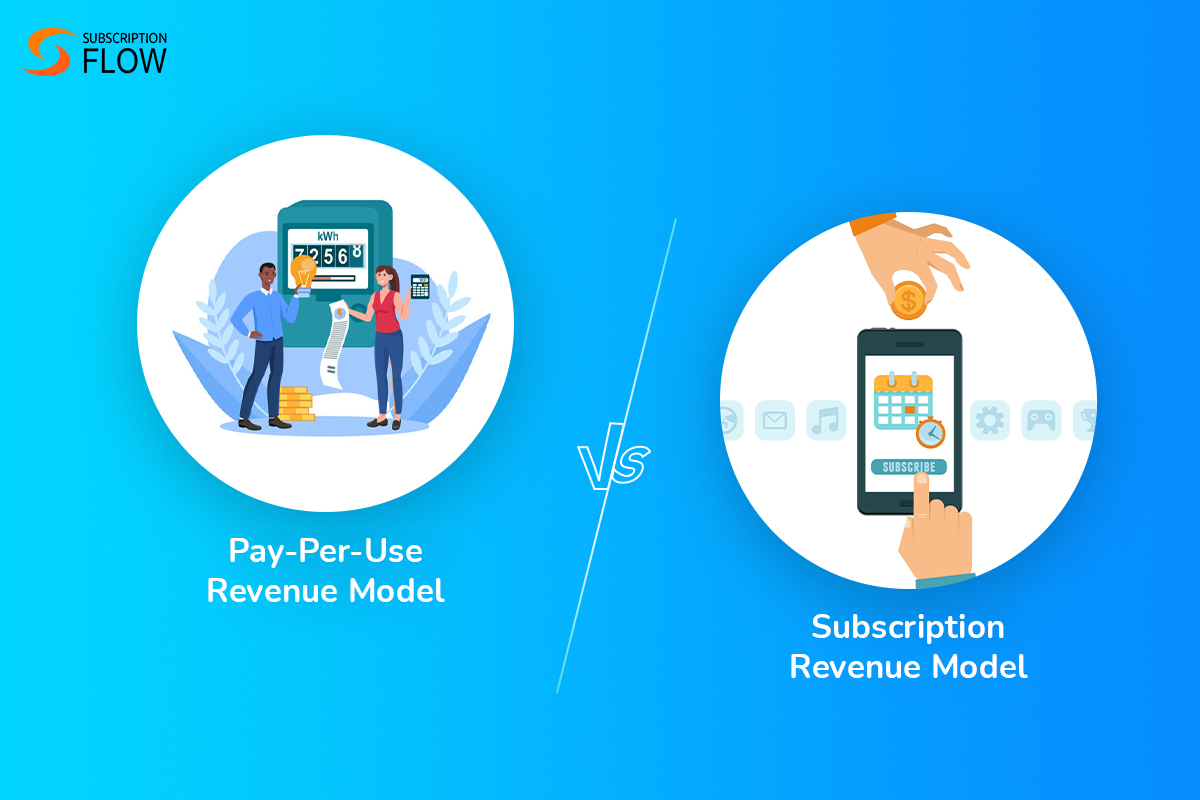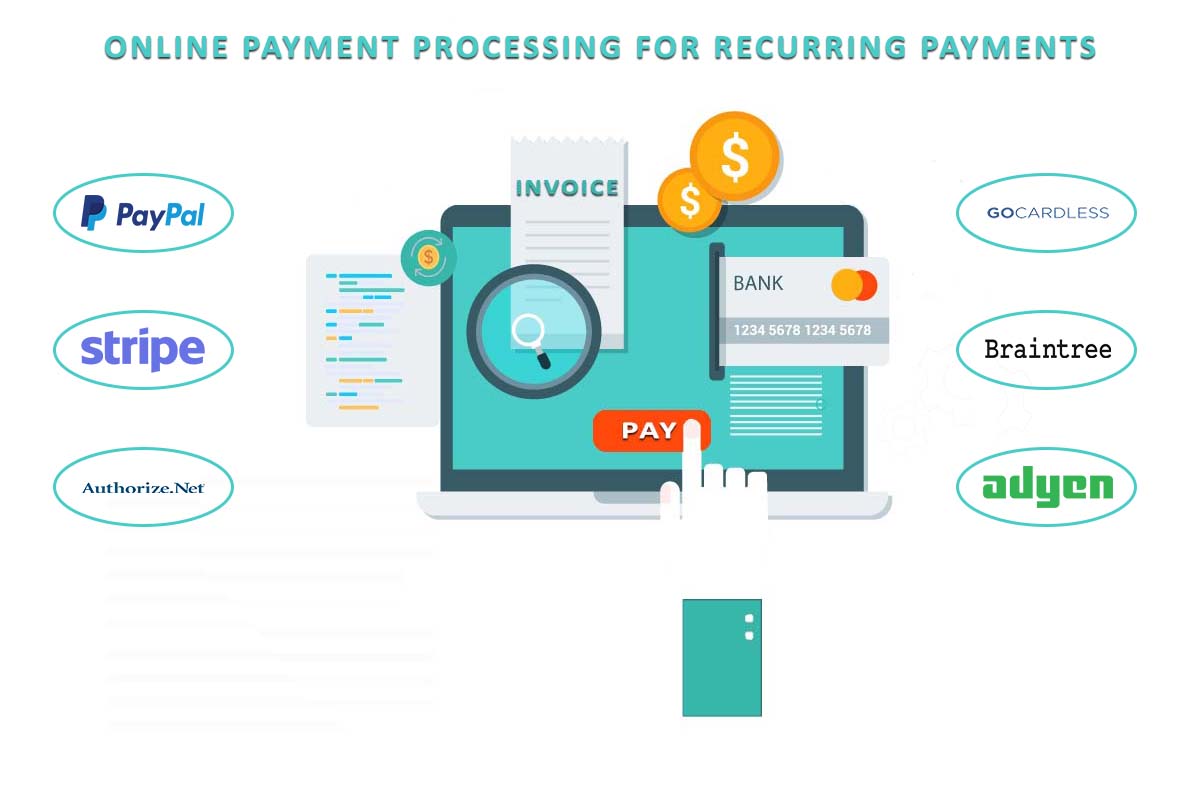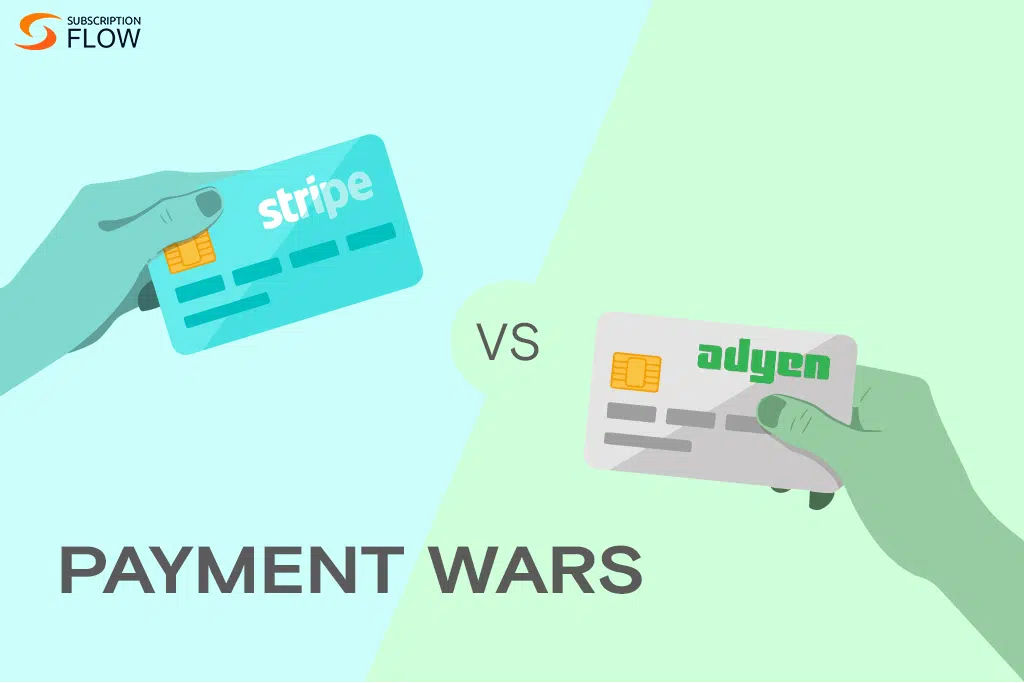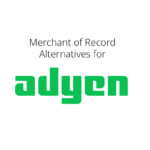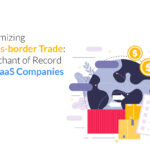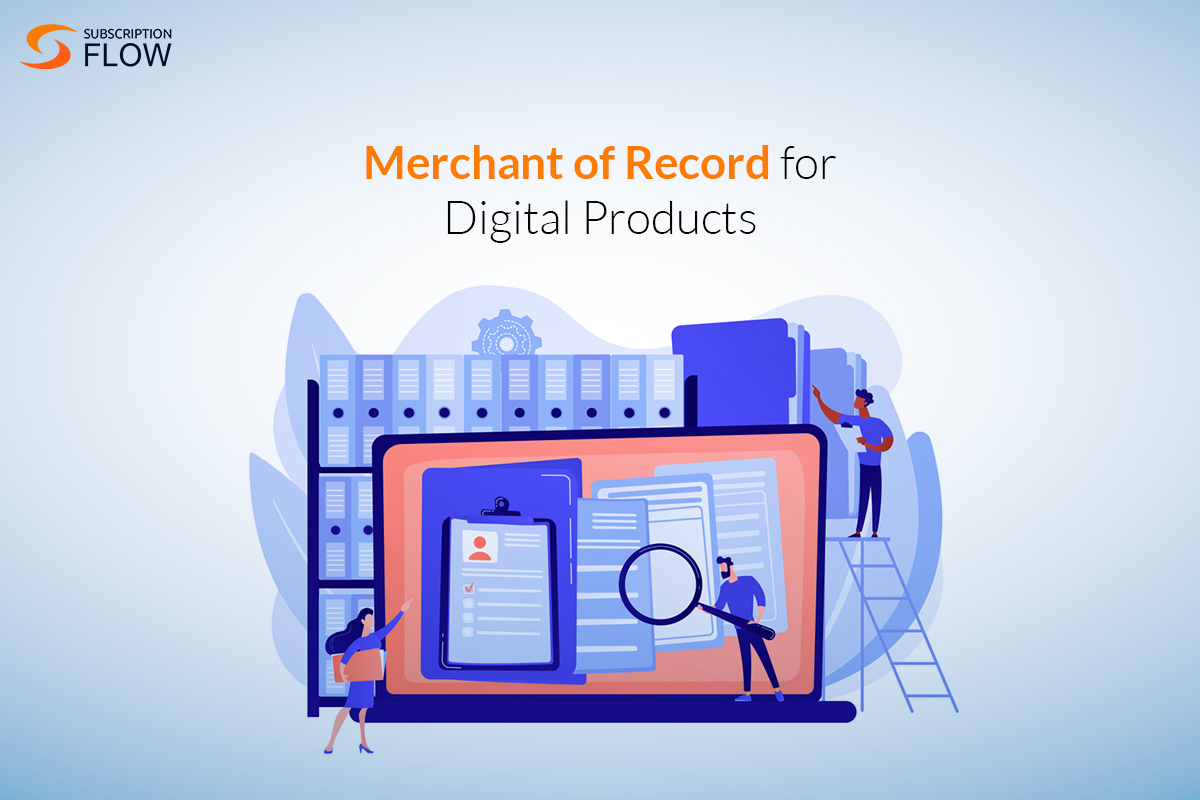
Understanding the Importance of a Merchant of Record for Digital Products
A merchant of record for digital products is the legal body permitted to handle client payments for digital goods and services as companies negotiate the intricacies of online commerce. This constitutes a fundamental component of monetary and legal accountability in e-commerce, encompassing not only the processing of transactions using debit and credit cards but also those involving digital wallets. The oversight of payment processing, guaranteeing regulatory compliance, and supervising the payments infrastructure are just a few of the many responsibilities held by the merchant of record. Furthermore, an MoR for digital products assumes these duties in order to offer a vital degree of trust and safety, allowing smooth transactions to occur while companies concentrate on expansion and innovation.
Given the explosive growth of e-commerce, any company that operates in the digital sphere and wants to stay ahead of the competition must comprehend the nuances of having a merchant of record for digital products. Keeping all that in mind, this blog will detail how a merchant of record can help various businesses, such as software development companies, digital media companies, electronic book publishers, alongside online education providers, by handling taxes, managing transactions, avoiding fraud, and enhancing customer experiences.
Read more: Optimizing Cross-border Trade: Merchant of Record for SaaS Companies
What are the digital products you may need a merchant of record for?
Some of the many digital goods that fall under this category, and all of whom we will cover in the following 4 sections, are as follows:
- Software
- Digital media
- Electronic publications
- Distance learning programs
How might a merchant of record for digital products help out a software company?
For software companies, an MoR for digital products is an essential middleman who takes on the task of handling transactions and payments on their behalf. This covers a wide range of responsibilities, such as handling client payments, making sure various financial laws are followed, and reducing related risks. The merchant of record, for example, is in charge of transaction processing and closely monitors each stage, from the customer entering payment information to the money being transferred into the company’s account. They also look after the payments infrastructure, which includes essential parts like merchant accounts and payment gateways that are necessary to make online transactions run smoothly.
Now, let us delve deeper into the specifics of how might a merchant of record for digital products help out a software company:
1. Management of Transactions
The merchant of record, for example, is in charge of transaction processing and closely monitors each stage, from the customer entering payment information to the money being transferred into the company’s account. They also look after the payments infrastructure, which includes essential parts like merchant accounts and payment gateways that are necessary to make online transactions run smoothly.
2. Adherence to Regulations
An merchant of record strictly adheres to regulatory compliance standards, such as the strict Payment Card Industry Data Security Standards (PCI DSS), which are essential for maintaining transactional security and legality, in addition to transactional logistics. The merchant of record relieves software companies of these burdens, allowing them to focus on customer engagement and product innovation instead of being bogged down by intricate compliance requirements and complicated payment processing.
3. Advantages for Software Development Companies
The merchant of record model proves to be beneficial, especially for companies that cross international or interstate borders, as it can be quite overwhelming to deal with a plethora of tax laws as well as financial regulations. The merchant of record streamlines the sales process for software companies by acting as the approved resellers of software products and handling all transaction-related issues, such as chargeback and refund resolution and sales tax collection.
4. Effectiveness and Safety
A dependable merchant of record greatly increases a business’s ability to sell software products effectively and safely in the ever-changing world of digital commerce, improving customer experiences and optimizing operational efficiency.
How might a merchant of record for digital products help out a digital media company?
A digital media company can greatly benefit from having a merchant of record handle the financial as well as legal complexities of transactions (on top of the process customer payments). The advantages are as follows:
1. Processing payments and security
For instance, the merchant of record manages payment processing when a consumer buys a digital film or signs up for a streaming service, guaranteeing quick and safe transactions. Managing chargebacks, refunds, and adhering to different financial regulations like the Payment Card Industry Data Security Standards (PCI DSS) are all included in this.
2. Prioritize your core competencies
A digital media company can concentrate on its core competencies, like producing media, marketing, and customer engagement, by assigning these intricate tasks to a merchant of record. To manage subscription fees, for example, an online publication could collaborate with a merchant of record, freeing up resources to focus on creating engaging content and high-caliber articles. In a similar vein, a service that streams music could focus its efforts on playlist curation and licensing agreements while using a merchant of record to handle monthly subscription payments.
Expanding into Virgin Markets
Additionally, a merchant of record can lower the risk of digital media companies’ market expansion. For overseas clients who might prefer to pay with the currency of their country or with payment methods unique to a particular region, they offer a localized the payment process experience, which is essential. Higher conversion rates and greater customer satisfaction may result from this localization.
Defense from Fraud
Furthermore, by taking on responsibility for fraudulent transactions, merchant of record can shield digital media businesses from monetary losses and harm to their reputations. This is especially crucial in the digital sphere, as fraud may be more common. Because they have the mechanisms and procedures in place to identify and stop fraudulent activity, a Ministry of Revenue’s proficiency in preventing fraud can be extremely valuable.
How might a merchant of record for digital products help out an E-book publishing company?
For an e-book publishing company, a merchant of record can be a valuable resource as it provides a comprehensive solution for handling the intricacies of online sales and international distribution. Some of the key advantages are as follows:
1. Processing payments and security
For example, a merchant of record handles customer debit and credit card transactions as part of its payment processing duties. This guarantees a seamless transaction process, saving the publisher from having to handle the intricate financial details on their own.
2. Both Financial and Legal Liability
In addition, a merchant of record takes on legal and financial responsibility for the transactions, including adhering to Payment Card Industry Data Security Standards (PCI DSS), which is crucial for protecting consumer financial information. This releases the electronic book publisher from having to bear the responsibility of independently upholding these standards.
3. Tax Liability
A merchant of record handles collecting taxes and remittance in addition to processing payments, relieving the e-book publisher of the headaches associated with differing tax laws in various jurisdictions. This enables publishers to market their goods globally without having to become specialists in regional tax laws.
4. Refunds, Chargebacks, and Fraud Prevention
A merchant of record can also take care of refunds and chargebacks, including taking responsibility for fraudulent transactions. This efficiently handles these problems and shields the electronic book publisher from monetary losses; this is especially helpful for publishers with tight budgets.
How might a merchant of record for digital products help out a distance learning providing company?
For a remote learning provider, a merchant of record can be an invaluable resource, particularly when handling the complexity of cross-jurisdictional online transactions. The key pain points and there solutions are as follows:
1. Accountability in Law and Finance
A merchant of record assumes the financial and legal liability for processing consumer payments, including managing payment disputes, processing chargebacks or refunds, and making sure regional tax regulations and laws are followed.
2. International Transaction Administration
This is especially advantageous for remote learning businesses that serve a worldwide clientele, as various regions may have varying regulations concerning digital sales plus Value-Added Tax (VAT).
3. Safety and Adherence
The business can delegate these tasks to a merchant of record in order to free up resources so they can concentrate on producing and distributing high-quality instructional materials. To preserve consumer confidence and protect sensitive payment information, the merchant of record makes sure that every transaction is handled safely and in compliance to the Payment Card Industry Data Security Standards (PCI DSS).
4. Infrastructure Management for Payments
Furthermore, a merchant of record can manage the setup and upkeep of the required payment infrastructure, including merchant accounts and payment gateways, which can be a difficult undertaking for companies lacking in this kind of experience.
5. Improved Client Relationship
Customers’ experiences with the distant learning provider are improved overall by this support, which expedites the payment process.
6. Marketing and Data Insights
A merchant of record can also offer insightful information about customer behavior and sales trends by overseeing the financial parts of transactions. This information can then be used to inform the marketing plans and course offerings of the remote learning provider.
Read more: Global Growth: Understanding Merchant of Record for E-commerce
The bottom line:
In all the MoR for digital products options that you have available, SubscriptionFlow stands out by providing a full range of solutions to meet the various demands of digital products-providing companies. We offer strong fraud protection features, guarantees that it meets regulatory standards like PCI DSS, and processes payments with ease. Furthermore, SubscriptionFlow provides committed customer service to help companies at every stage.
Companies can delegate the difficulties of online transactions to SubscriptionFlow and concentrate on their core competencies, such as customer interaction and content production. Our customized merchant of record solutions enables companies to grow and reach a wider audience while reducing the risks connected with online sales.
To learn how our support can streamline your operations and improve customer satisfaction, schedule a demo right now!
